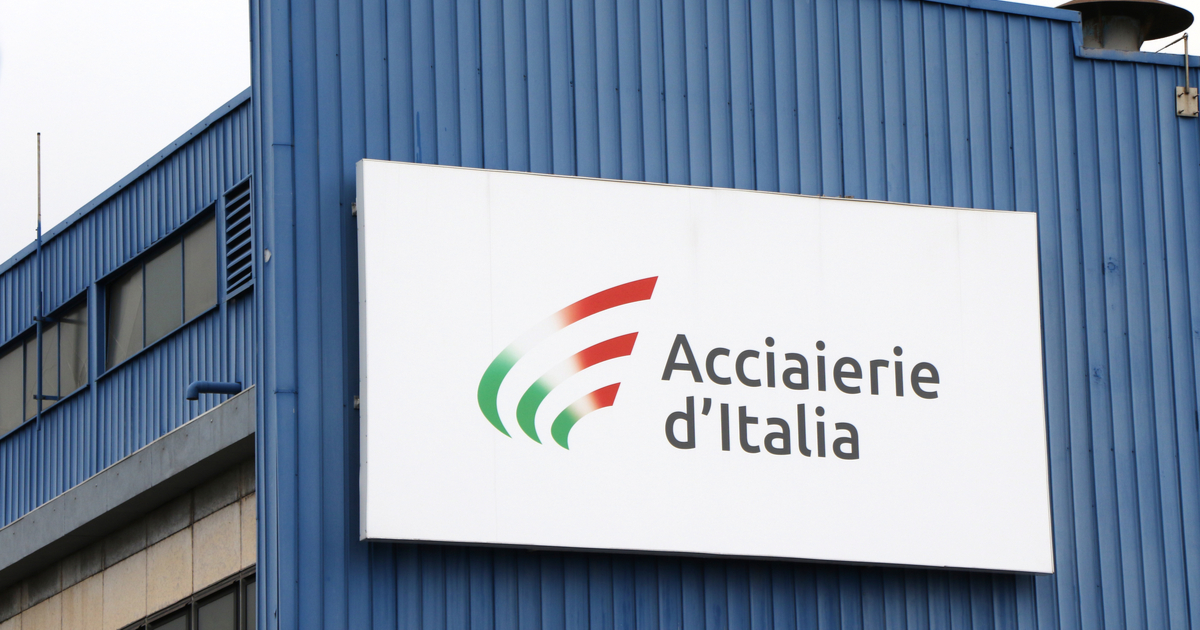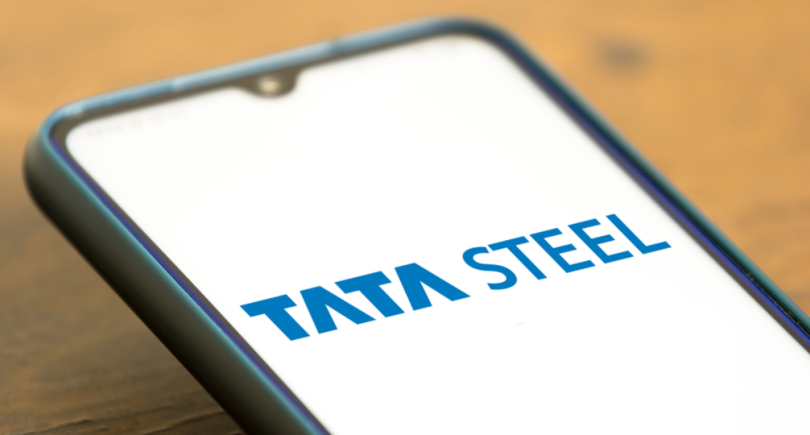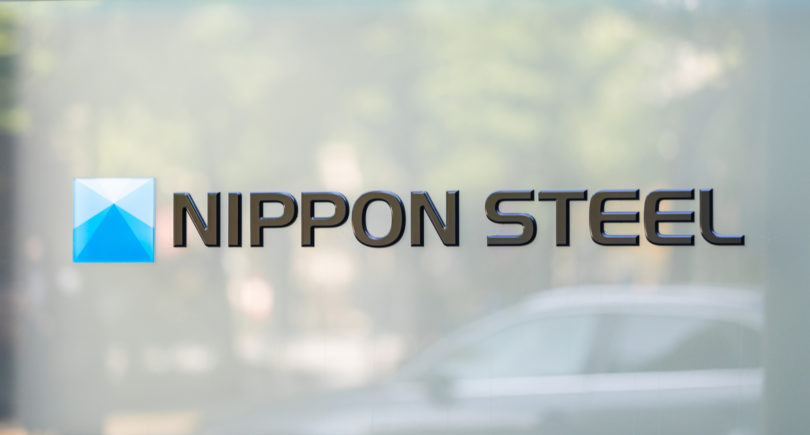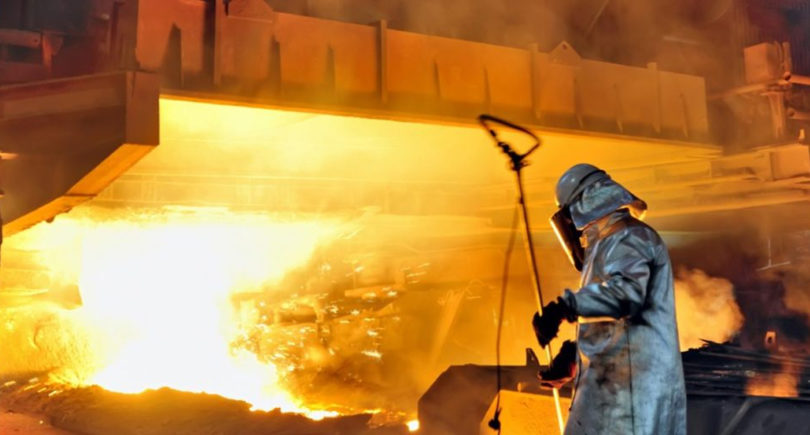
News Companies ArcelorMittal 964 22 September 2023
In an appeal to the government, they emphasize that the ADI plants are threatened with production stoppage
The unions of Acciaierie d’Italia (ADI, a joint venture between the state agency Invitalia and ArcelorMittal) have once again appealed to the Italian government and relevant ministries to point out the problems the company is experiencing. Corriere di Taranto informs about it.
«Formerly llva, Acciaierie d’Italia is currently going through a phase of neglect and decline that will lead to an irreversible shutdown in a very short time with very serious consequences for employment and production,» the unions said.
In addition, they are concerned about the number of workplace incidents that endanger the safety of workers.
As the document noted, despite the state funding, the ADI management does not comply with the commitments regarding the volumes of production and investments, payments to contractors, and does not start the reconstruction of blast furnace №5 in Taranto, which has been idle for a long time.
«The lack of commitment to start repair work at BF №5 in Taranto, the exhausting life cycle of other plants, the inability to start and finance decarbonization projects will lead to the inevitable shutdown of the steel plant in Taranto and the group,» the unions begin.
Unions representing ADI’s subsidiary in Cornigliano, near Genoa, are also warning of a possible shutdown of production due to a lack of maintenance work, causing accidents and the need for new components for aging equipment, according to Kallanish. ADI has yet to comment on the matter.
As GMK Center reported earlier, in 2022 the ADI plant in Taranto plans to produce 4 million tons of steel, and 5 million tons to go into production in 2024. In addition, it was announced that in the second half of 2023, the steel plant plans to start the reconstruction of blast furnace №5, which has been idle for many years.
Also, at the beginning of 2023, the Ministry of Finance of Italy officially authorized payment a €680 million ($736 million) grant from Acciaierie d’Italia, which the company intended to use to support industrial investment and its production capacity.




